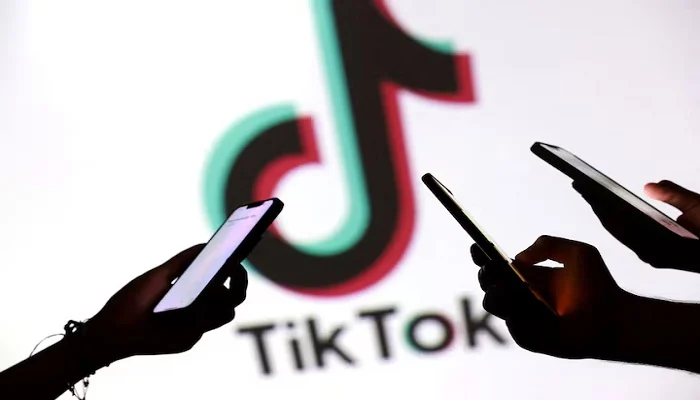TikTok US Sale Delayed Until December 16 Under New Agreement
Washington, September 17, 2025 — The White House has announced a new agreement to keep TikTok operating in the United States, extending the deadline for divestiture until December 16. This marks the fourth delay in enforcing a 2024 law that requires the Chinese-owned app to transfer its US operations to American control.
The deal allows TikTok’s American assets to be transferred to US owners, while China-based parent company ByteDance retains a 19.9% stake, just under the 20% legal limit.
“We have a deal on TikTok … We have a group of very big companies that want to buy it,” President Donald Trump said during a briefing, without providing further details.
The extension gives ByteDance 90 more days to complete the transfer. The new US entity will have a board dominated by American members, including one designated by the US government.
Background
The 2024 law, passed during the Biden administration, aimed to protect American users’ data from potential access by the Chinese government. TikTok has repeatedly stated that user data is stored in the US and moderated domestically, and it denied claims of Chinese government influence.
The potential buyers reportedly include Microsoft, Amazon, billionaire Frank McCourt, and a consortium led by OnlyFans’ founder. Existing investors, such as Susquehanna International Group, General Atlantic, KKR, and Sequoia Capital, are also expected to participate.
US Treasury Secretary Scott Bessent said the deal has been largely agreed upon since March, with only minor details remaining. CNBC reports that the sale could close within 30 to 45 days.
Trade and Security Context
The sale negotiations have been influenced by US-China trade tensions and tariffs, which previously delayed approval. The framework agreement is expected to be finalized in an upcoming call between Trump and Chinese President Xi Jinping.
TikTok remains a major platform in the US, with over 170 million users, and the Trump administration has opted for delays rather than immediate enforcement, citing concerns about user disruption and political communications.

